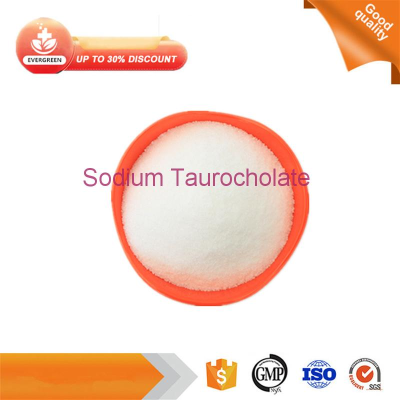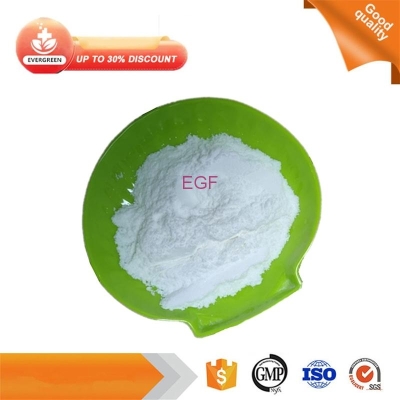-
Categories
-
Pharmaceutical Intermediates
-
Active Pharmaceutical Ingredients
-
Food Additives
- Industrial Coatings
- Agrochemicals
- Dyes and Pigments
- Surfactant
- Flavors and Fragrances
- Chemical Reagents
- Catalyst and Auxiliary
- Natural Products
- Inorganic Chemistry
-
Organic Chemistry
-
Biochemical Engineering
- Analytical Chemistry
- Cosmetic Ingredient
-
Pharmaceutical Intermediates
Promotion
ECHEMI Mall
Wholesale
Weekly Price
Exhibition
News
-
Trade Service
In recent years, metabolic dysfunction-related fatty liver disease (MAFLD), rather than non-alcoholic fatty liver disease (NAFLD), has been proposed to better describe liver disease (MD) related to metabolic dysfunction
.
This study is a secondary analysis of a multicenter prospective cohort study that assesses the risk of non-alcoholic fatty liver disease during pregnancy, aiming to assess the impact of metabolic dysfunction-related fatty liver disease on pregnancy complications
.
In the first three months, the pregnant women included in the study were evaluated for liver steatosis by liver ultrasound examination, and blood samples were collected for biochemical testing
.
The study population was divided into three groups: no non-alcoholic fatty liver disease, liver steatosis but no metabolic dysfunction (non-MD NAFLD) and metabolic dysfunction-related fatty liver disease
Diabetes hypertension
Compared with individuals without NAFLD and MD, women with different conditions are at risk of adverse pregnancy outcomes
Compared with individuals without NAFLD and MD, women with different conditions are at risk of adverse pregnancy outcomesA total of 1744 pregnant women were enrolled, of which 1523 had no NAFLD, 43 had non-MD NAFLD, and 178 had MAFLD
.
MAFLD patients have a higher risk of subsequent adverse pregnancy outcomes than the non-MD NAFLD group (adjusted odds ratio 4.
The risk of subsequent adverse pregnancy outcomes in MAFLD patients is higher than that in the non-MD NAFLD group .
Pregnancy outcome of each group
Pregnancy outcome of each groupIn conclusion, fatty liver disease associated with metabolic dysfunction may be associated with an increased risk of subsequent adverse pregnancy outcomes in pregnant women
.
.
Fatty liver disease associated with metabolic dysfunction may be associated with an increased risk of subsequent adverse pregnancy outcomes in pregnant women
Original source:
Lee Seung Mi,Jung Young Mi,Choi Eun Saem et al.
Leave a message here







